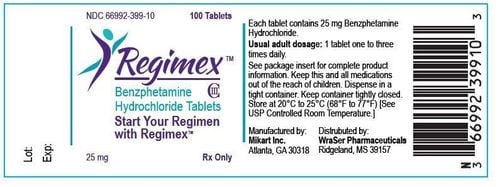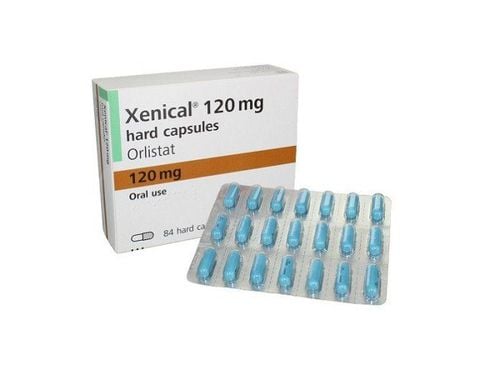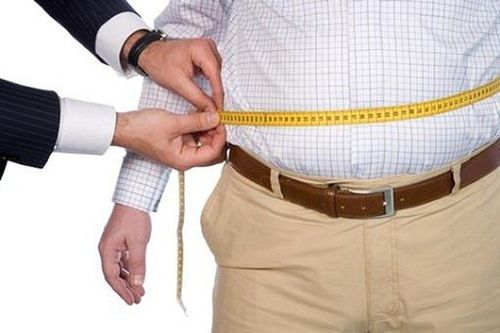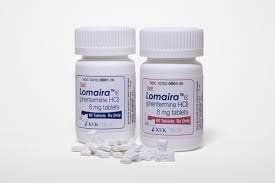This is an automatically translated article.
Up to 95% of people say their quality of life improves after weight loss surgery. Especially if the body is having weight-related diseases such as type 2 diabetes, sleep apnea syndrome, ... then after weight loss surgery these diseases can be improved. The information below will help you understand how effective weight loss surgery is.1. How much weight can you lose after weight loss surgery?
The amount of weight lost depends in part on the current weight and the type of surgery that the patient has.
Sleeve gastrectomy is surgery to shrink the stomach to 15% of its original size, by removing most of the stomach along the external arc, creating a sleeve-like structure. This is currently the most popular weight loss surgery today. People who have this surgery can lose an additional 40% of their body weight.

Phẫu thuật giảm cân có thực sự là phương pháp an toàn?
Gastric banding surgery - gastric banding is no longer used today due to its lower weight loss effectiveness compared to other methods.
On average, a person can lose up to 60% of their weight after undergoing gastric bypass surgery.
2. How long does it take to recover from weight loss surgery?
Most gastric reduction surgery is laparoscopic surgery, leaving only small incisions, so the recovery time will be faster. Usually, patients only need to stay in the hospital for 2-3 days and return to normal activities after 3-5 weeks.
If open surgery is performed, the incision will be larger and therefore the recovery time will be longer than with laparoscopic surgery.
3. Side effects of weight loss surgery
There are a number of potential short-term and long-term complications from weight loss surgery. Depending on the type of surgery, the patient will have different complications.
Statistics show that about 40% of cases have complications and 5% of them are serious complications. Therefore, when noticing any unusual signs of the body, the patient needs to discuss with the doctor to find a solution.
3.1 Common side effects (less serious) Common side effects after weight loss surgery include:
Constipation: This is a very common occurrence in people who have just undergone weight loss surgery. Your doctor will give you specific advice for dealing with constipation, which includes avoiding granular fiber supplements.
Dumping syndrome: This syndrome occurs soon after the gastric bypass surgery person eats a meal high in sugar. Foods such as soda, fruit juice, ... are thought to be the cause of Dumping syndrome. Sugary foods that pass through the stomach can cause vomiting, nausea, and muscle weakness.
Gallstones: This condition is common in people who lose weight too quickly. Up to 50% of cases of gallstones after gastric bypass surgery, however, are usually not dangerous. In some patients, gallstones can cause vomiting, nausea, and abdominal pain.
About 15-20% of cases will require cholecystectomy after gastrectomy, if gallstones are severe.
Wound infection: Occurs within 3 weeks after surgery. Symptoms include redness, pain, or a thick discharge of pus from the incision. Treatment of this condition sometimes requires antibiotics or surgery.
3.2 Uncommon (Serious) Side Effects Bloody Stools: Present as red or black stools, can be a serious condition. Tell your doctor right away or go to the hospital as soon as possible.
Presence of a blood clot (blood clot): Thrombosis in the lungs is rare, occurs in less than 1% of cases, and can be life-threatening. However, this condition can be prevented with blood thinners and regular exercise.
Leaky anastomosis: Usually appears within 5 days after weight loss surgery, causing the patient to have abdominal pain and feel sick. This side effect is rare but very serious, so tell your doctor right away.
In addition, the patient will also notice sagging skin after weight loss surgery, can decide whether to have surgery to remove excess skin or not.
4. Nutrition after weight loss surgery
Weight loss surgery changes the way your body consumes food. It becomes more difficult to absorb some nutrients, including: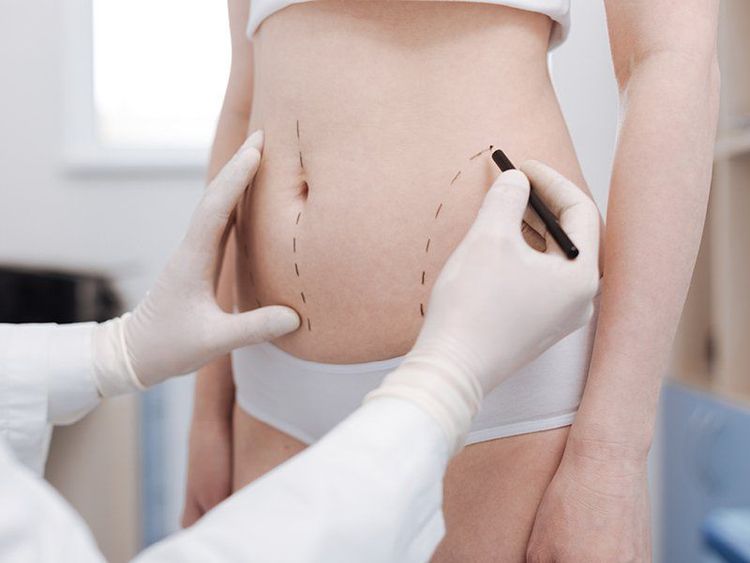
Cần có chế độ tập luyện và dinh dưỡng hợp lý sau phẫu thuật giảm cân
Iron ; Vitamin B12 ; Folic acid ; Calcium ; Vitamin D . Talk to your doctor to find out if you absolutely need to take these supplements, and how and in what doses.
5. Lifestyle changes after weight loss surgery
After weight loss surgery, you can get the impressive results on your body as desired, but without a proper lifestyle and nutrition regimen, the ability to return to the original weight is very low. high.
Here are some lifestyle tips after weight loss surgery you can refer to:
Eat many small meals spread throughout the day: The stomach after surgery, although it has been smaller, can still be stretched if like the patient eats too much in one meal, causing weight gain again. While obese people often have binge eating habits, adapting to small portion meals now can be a real challenge; Make sure you get enough nutrition: Weight loss surgery can reduce the body's ability to absorb some nutrients, so you should talk to your doctor to find a diet that's just enough. , does not affect the effect of weight loss; Exercise: Exercise is beneficial for maintaining weight loss results after surgery. The exercise in patients will also be easier because weight loss is beneficial to the functioning of the joints. In summary, weight loss surgery in obese people is really effective, not only in terms of body shape but also has positive effects on health. However, patients need to choose medical facilities with sufficient expertise and technical means to perform this method. In addition, after weight loss surgery, it is necessary to strictly follow the diet and exercise regimen to maintain the surgical results, because the possibility of obesity returning is completely possible.





